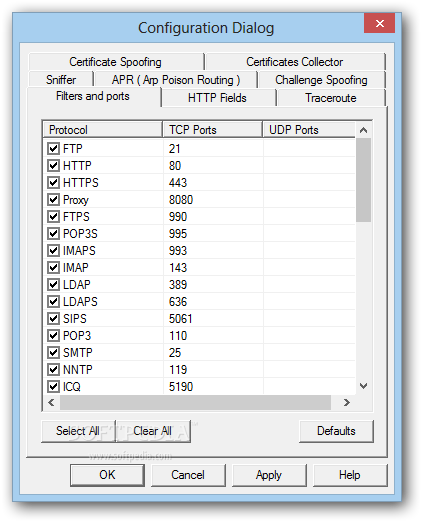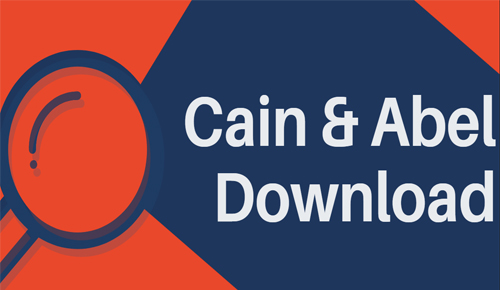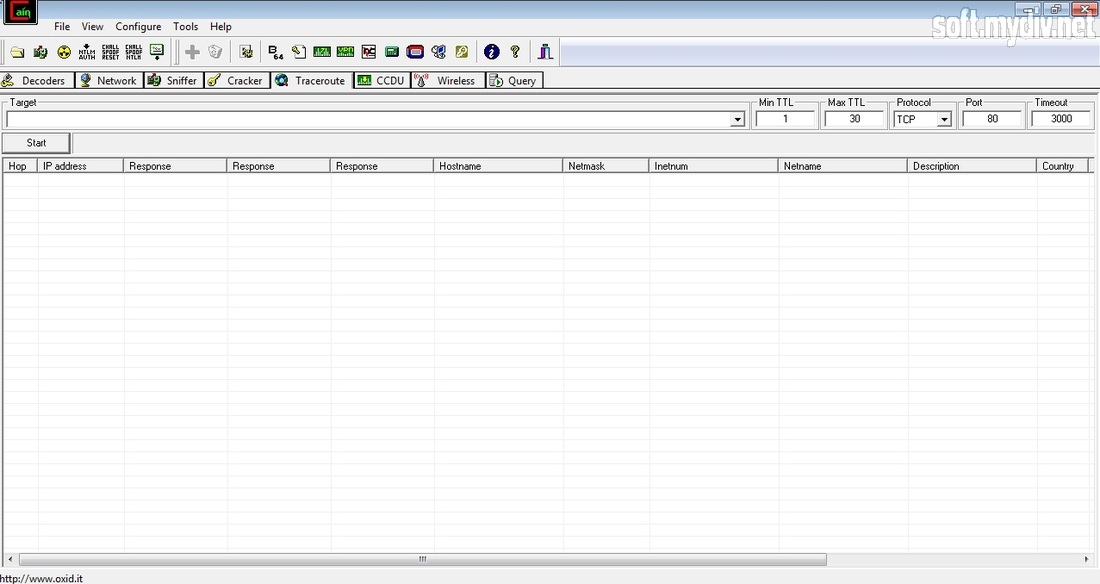

Story-wise the two are separated by the flood of Noah and have nothing to do with each other.

The verb תקן ( taqan) means to make or become straight.īDB Theological Dictionary states that although it seems that the name Cain comes from the verb used by Eve in Genesis 4:1, the name Cain is etymologically most probably akin the Kenite tribe mentioned in Judges 4:11. The denominative verb קונן ( qonen) means to do a dirge, which could be either to chant or compose one. Noun קינה ( qina) denotes a kind of sad poem a dirge or lamentation, which both had to be fabricated and could, presumably, pierce a person's soul like a spear (which is an obvious Biblical figure of speech see Luke 2:35). The earliest republican government of Rome was called curia, literally spear-bearers, and the link between bearing a spear or other such ceremonial weapon and a senatorial government (a government by tribal elders) appears to have been pretty much globally understood throughout history. one who had the authority to bear arms, own property and thus conduct trade.

Note that our modern word "franchise" comes from a word that meant spear, and originally denoted a free man, i.e. In the Bible occurs only the noun קין ( qayin), meaning spear. The verb קין ( qyn), which isn't used in the Bible, occurs in cognate language with the meaning of to fit together, fabricate or forge (often of metal things). Noun קנה ( qaneh) denotes some herb on a stalk, or any rod, reed, branch- or stalk-like item (in this sense, a plant "acquires" its branches). Noun מקנה ( miqna) means purchase or purchase-price. Noun מקנה ( migneh) means cattle (as unit of commerce). Noun קנין ( qinyan) describes an item acquired (or created). It's the regular verb for a commercial purchase. to acquire or in some instances to create. Noun קן ( qen) means nest, and verb קנן ( qinnen) means to make a nest. These strands may be reeds and twigs that a bird weaves into a nest, or it may be acts of trade and routes of commerce that together combine into a bustling economy. The verb קנן ( qanan) isn't used in the Bible but it appears to tell of the weaving of many strands into a dynamic and interlocked network.


 0 kommentar(er)
0 kommentar(er)
